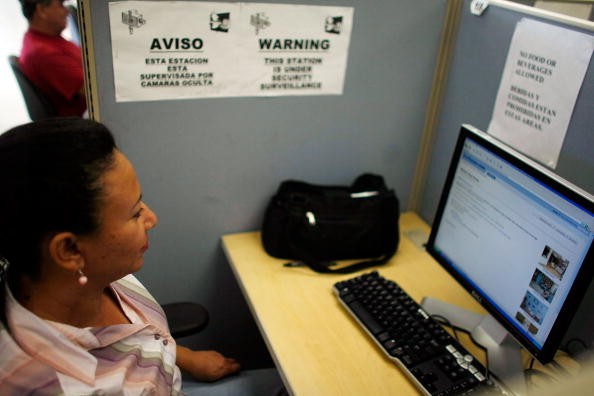Yahoo, the pioneer in email service, introduced on Thursday a password-free account key for people who access their emails on smartphones. The key sends a push notification which asks users to confirm their identities so they could open their emails.
The innovation is considered a major innovation to Yahoo's email service, one of the early email services in the world that is already 18 years old. While it makes Yahoo again a leader in email security, some longtime users used to passwords may not be happy with the change, although it is optional.
To shift to the new method, email users must have a smartphone connected to the internet or a wristwatch even if they also access their accounts on a desktop.
One of the reasons behind the innovation is that a lot of the passwords used, many of which were made when hacking incidents were rare, are weak, compromised easily, often the same for other email accounts for easy recall and are worth replacing.
Jeff Bonforte, head of Yahoo's communications products, said in a press event on Wednesday in San Francisco, that shifting to the new way takes getting use to because "patterns die hard."
Avivah Litaan, security analyst for Gartner, a research firm, agrees with Yahoo's consensus that most passwords need replacing, but warns the move is controversial because many account holders prefer to use passwords.
However, Litaan adds, "If this goes well, I think a lot of other companies will follow because passwords are so antiquated and create a false sense of security."
Besides the password-free feature, Yahoo also introduced the me-mailer feature to help Yahoo account holders who often send emails to themselves create a notebook of their files and creation of icons or every verified user.
There are 190 million Yahoo email users as of August 2015, down by 16 percent compared to a year ago. In contrast, Google's Gmail boosted its email users by 5 percent to 411 million for the same period, reports the Chicago Sun Times.



























